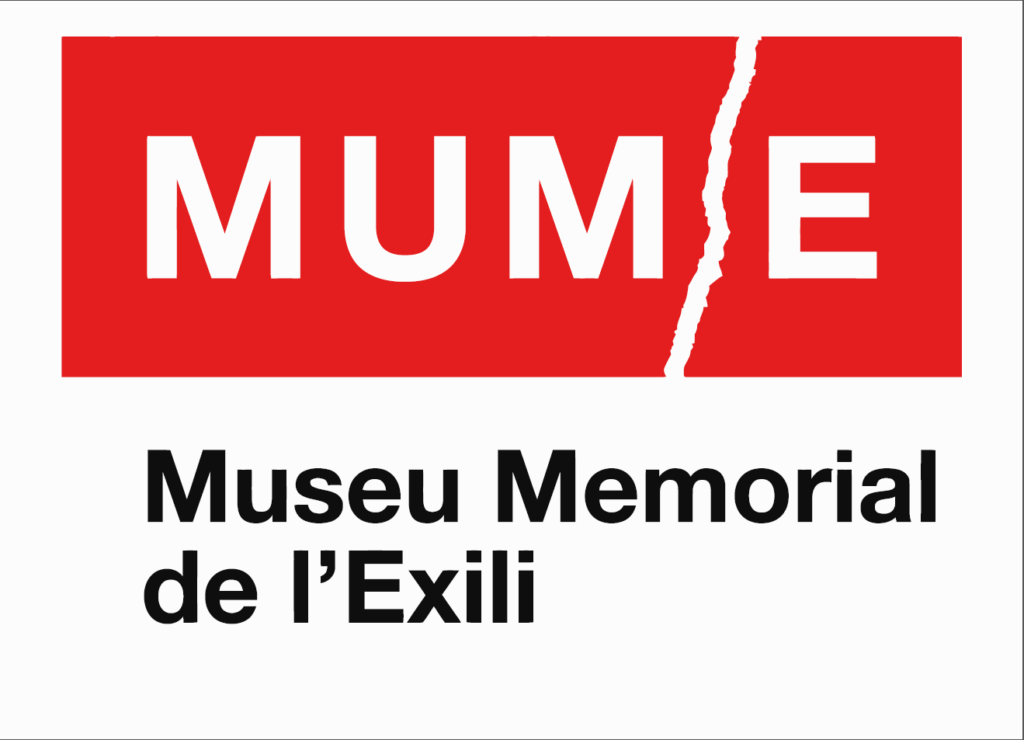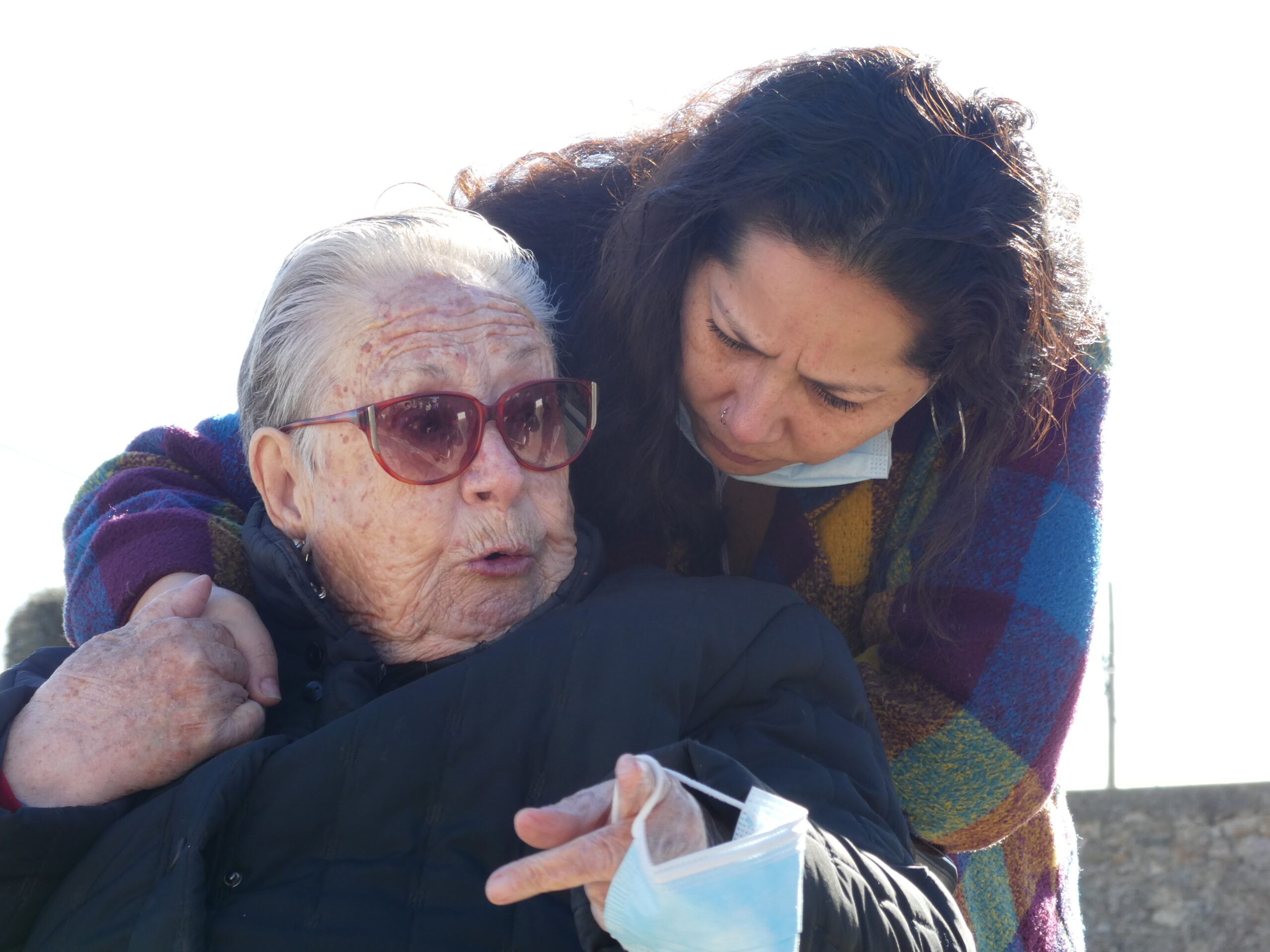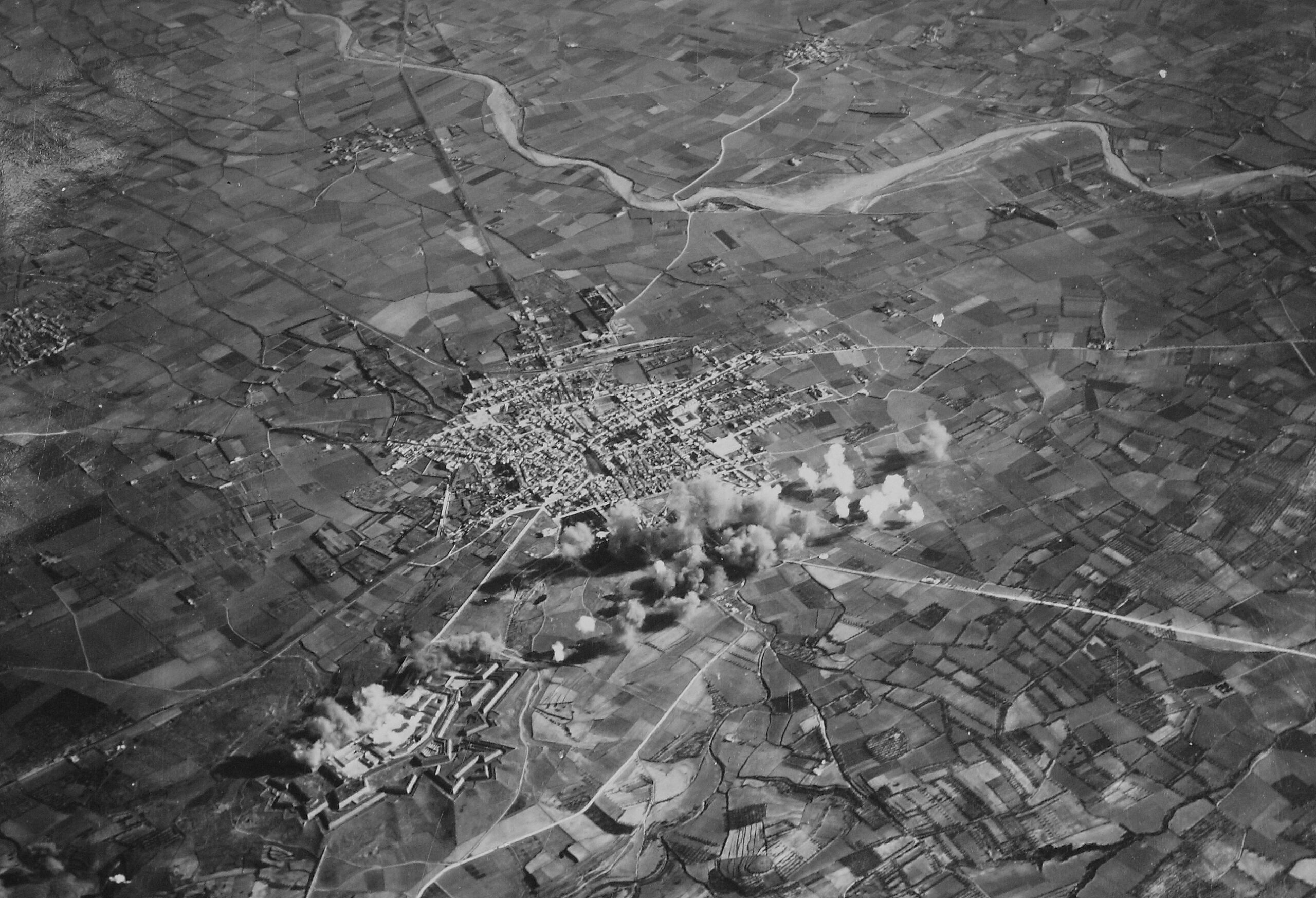2. Past-present dialogue
Mutual knowledge comes through dialogue. It was under this premise that this meeting took place between people of different origins who in the last two decades have left their place of origin for different reasons. They dialogued in different symbolic spaces of the Republican exile, they dialogued with witnesses of the past, they dialogued to share wisdom and experiences.
Sant Ferran Castle
This was the setting for the last republican courts. When it became clear that the war was lost, the Catalan, Basque and Spanish governments, which were in Figueres, crossed the border into France. This precipitated the massive exodus of the population that, between bombings, crossed the border on foot, on horseback, in wagons, cars or trucks.
We talk about war, decisions, transport and rights.
[See historical documentation here]
The bombing of Figueres
Dolors Bordas and Shola Rashid lived the war as children. Different wars, but wars after all. Dolors the Spanish civil war between 1936 and 1939, Shola the Afghan war that took place between 1978 and 1992.
Agullana
The main border crossings in the Alt Empordà were through Portbou and La Jonquera, which were official crossings, as such, controlled by the French authorities; these were kept closed until they were overwhelmed. Even so, the exile routes took place all along the Pyrenees, through non-approved passes such as Agullana.
What do these imaginary lines with which we divide the earth into pieces imply?
[See historical documentation here]
Borders
Borders cross, mark and condition the lives of many people, especially those from the Global South.
Borders
Argelers refugee camp
The French government ignored all the warnings about a possible massive arrival of Spanish refugees if Franco won the war. Lack of planning, coupled with the desire to avoid such an influx of refugees, led the government to improvise a response. A beach was fenced off with barbed wire, a large security cordon was deployed and within a few months 80,000 people filled the refugee camp at Argelers, a municipality of only 3,000 inhabitants. In the 21st century, the conditions of the camps have not evolved much.
[See historical documentation here]
The beach of Argelers
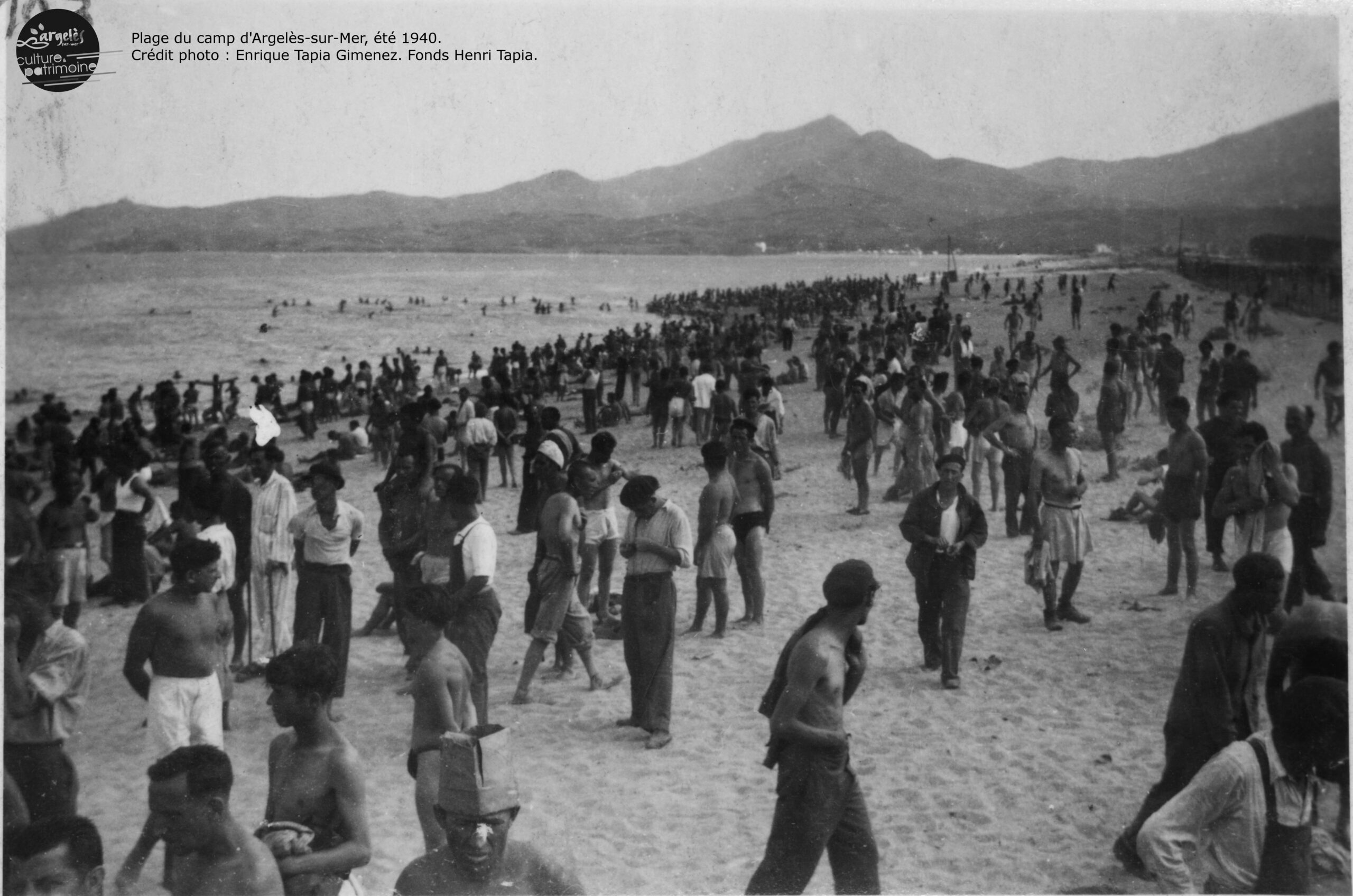
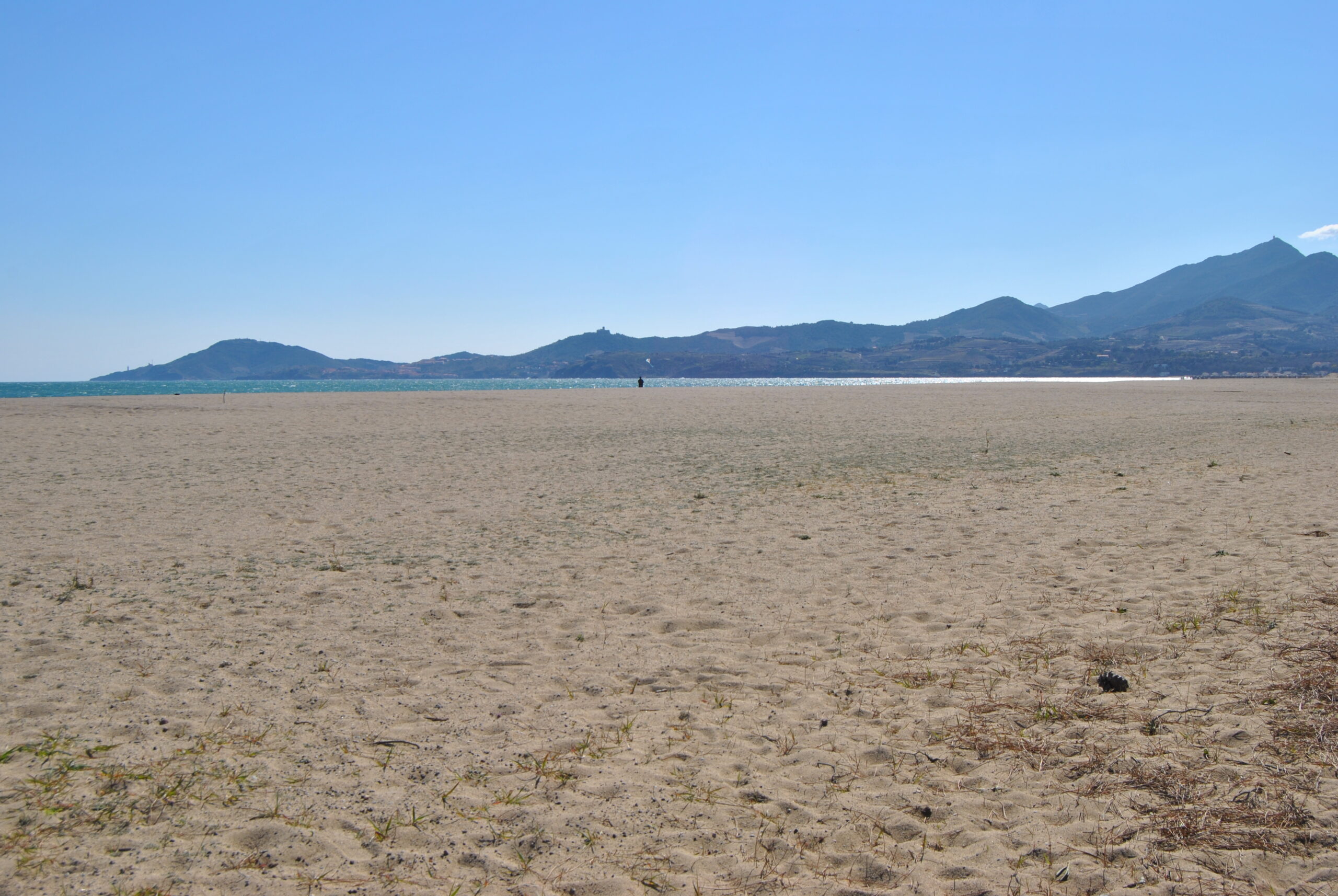
Maternity hospital of Elne
In emergency situations, it is essential to ensure that people recover as soon as possible conditions of stability and dignity that allow them to rebuild their lives. This was the role of the Elne Maternity Hospital, a small oasis in the midst of the pain of war, a space of security and tranquility for hundreds of women and babies who came into the world in these facilities. Experiences of solidarity under extreme circumstances are of utmost importance, although they often remain invisible.
[See historical documentation here]
Solidarity and listening
Mutual listening allows to know stories, experiences and points of view. It makes it allows us to erase the distance between the past and the present, to forget the distance between different places of origin. Mutual listening brings us closer. It is the seed of solidarity.
Meeting at the Maternity Hospital in Elne (360º photography)



